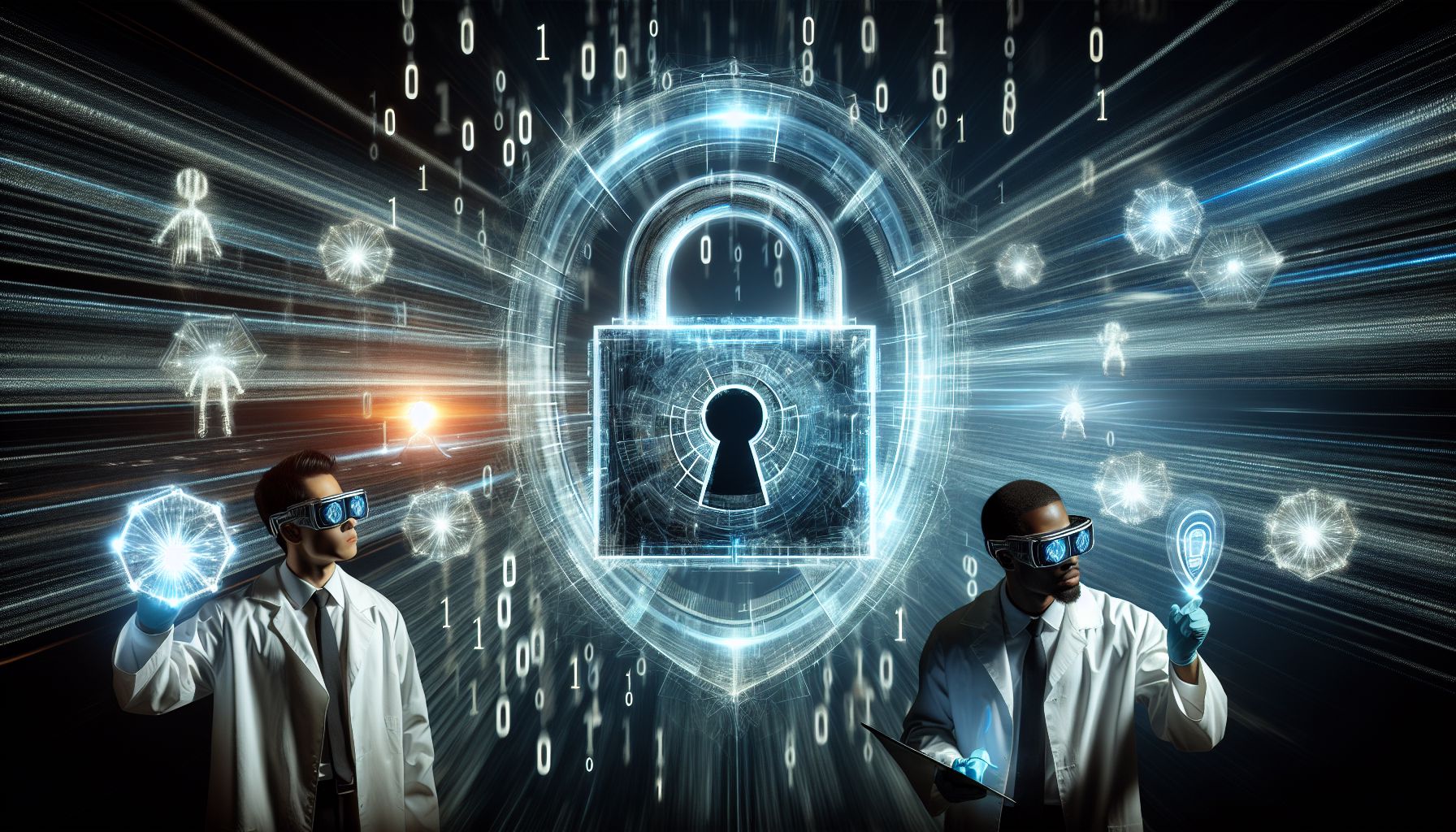Hey there, tech gurus! Today, let’s dive into the world of cyber forensics and data privacy, two crucial aspects of keeping your information safe in our increasingly digital world. With cyber attacks on the rise and data breaches becoming all too common, it’s more important than ever to understand the importance of these two concepts and how they work together to protect your sensitive information.
Introduction to Cyber Forensics
So, what exactly is cyber forensics? In simple terms, it’s the practice of collecting, analyzing, and preserving digital evidence in a way that maintains its integrity so that it can be used in legal proceedings. Cyber forensic experts use a variety of tools and techniques to investigate cyber crimes, such as hacking, data breaches, and intellectual property theft. By carefully examining digital artifacts, they can uncover crucial information that can help identify the culprits and prevent future attacks.
The Role of Data Privacy
Now, let’s talk about data privacy. In a world where companies collect vast amounts of personal information about their customers, data privacy has become a hot-button issue. Individuals want to know that their data is being handled and stored securely, and that it’s not being misused or shared without their consent. This is where data privacy regulations, such as the GDPR in Europe and the CCPA in California, come into play, setting guidelines for how organizations must handle and protect personal data.
How Cyber Forensics and Data Privacy Work Together
So, how do cyber forensics and data privacy go hand in hand? Well, think of cyber forensics as the detective work that comes into play when a data breach occurs. By employing forensic techniques, experts can determine how the breach occurred, what data was compromised, and who was responsible. This information is crucial not only for identifying and prosecuting the perpetrators but also for understanding the security flaws that led to the breach in the first place.
On the other hand, data privacy regulations help to prevent data breaches from happening in the first place by setting strict standards for how personal information should be handled and stored. By following these regulations and implementing robust data security measures, organizations can reduce the risk of a breach occurring and minimize the impact if one does occur. In this way, cyber forensics and data privacy work together to protect sensitive information and safeguard individuals’ privacy.
Conclusion
In conclusion, cyber forensics and data privacy are essential components of a comprehensive data security strategy. By understanding how these two concepts work together and implementing best practices for both, organizations can better protect their data and mitigate the risks of cyber attacks. So, whether you’re a cybersecurity expert or a concerned individual, it’s crucial to stay informed about the latest trends in cyber forensics and data privacy to keep your information safe and secure. Remember, in today’s digital age, protecting your data is more important than ever.


